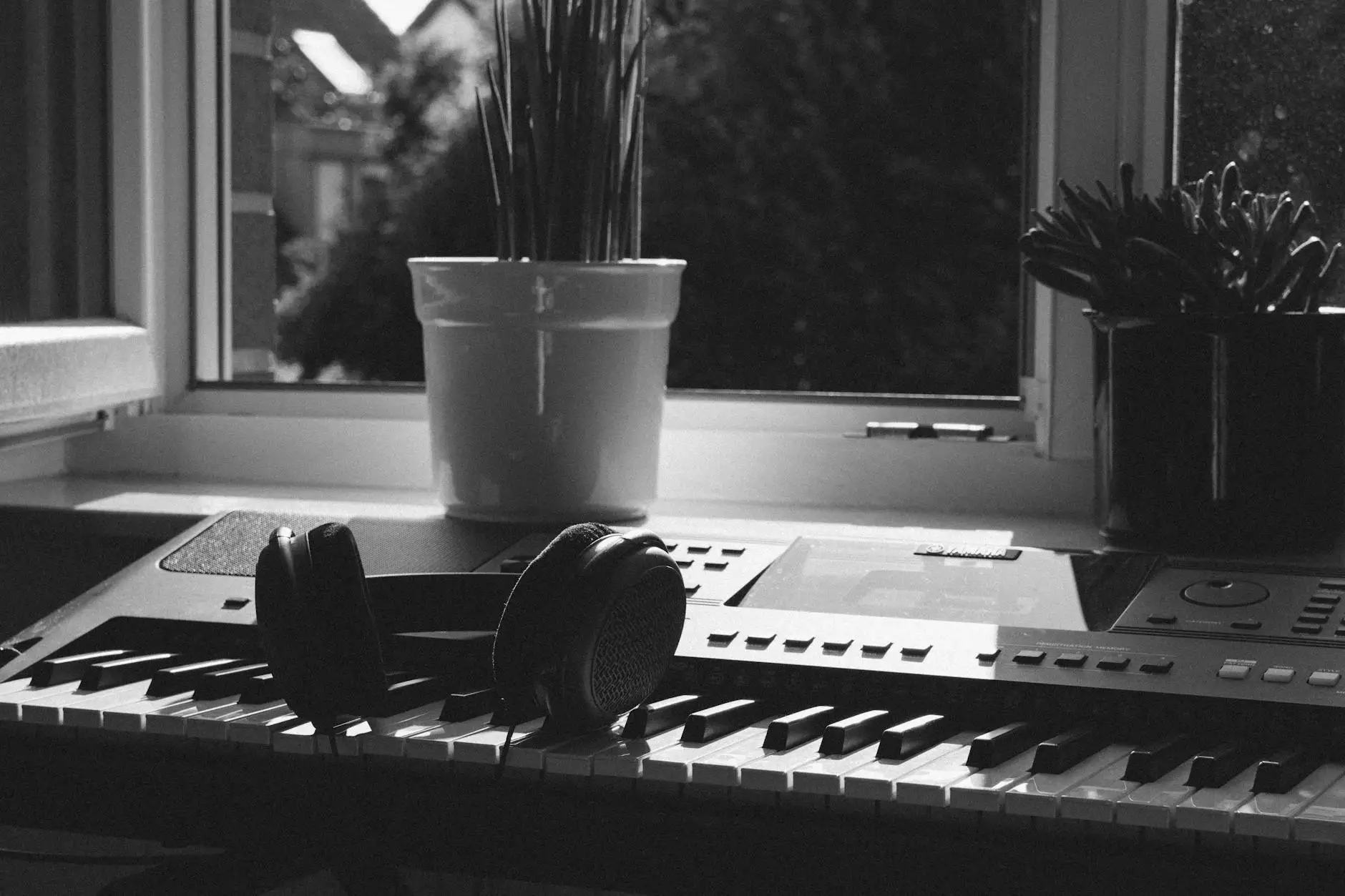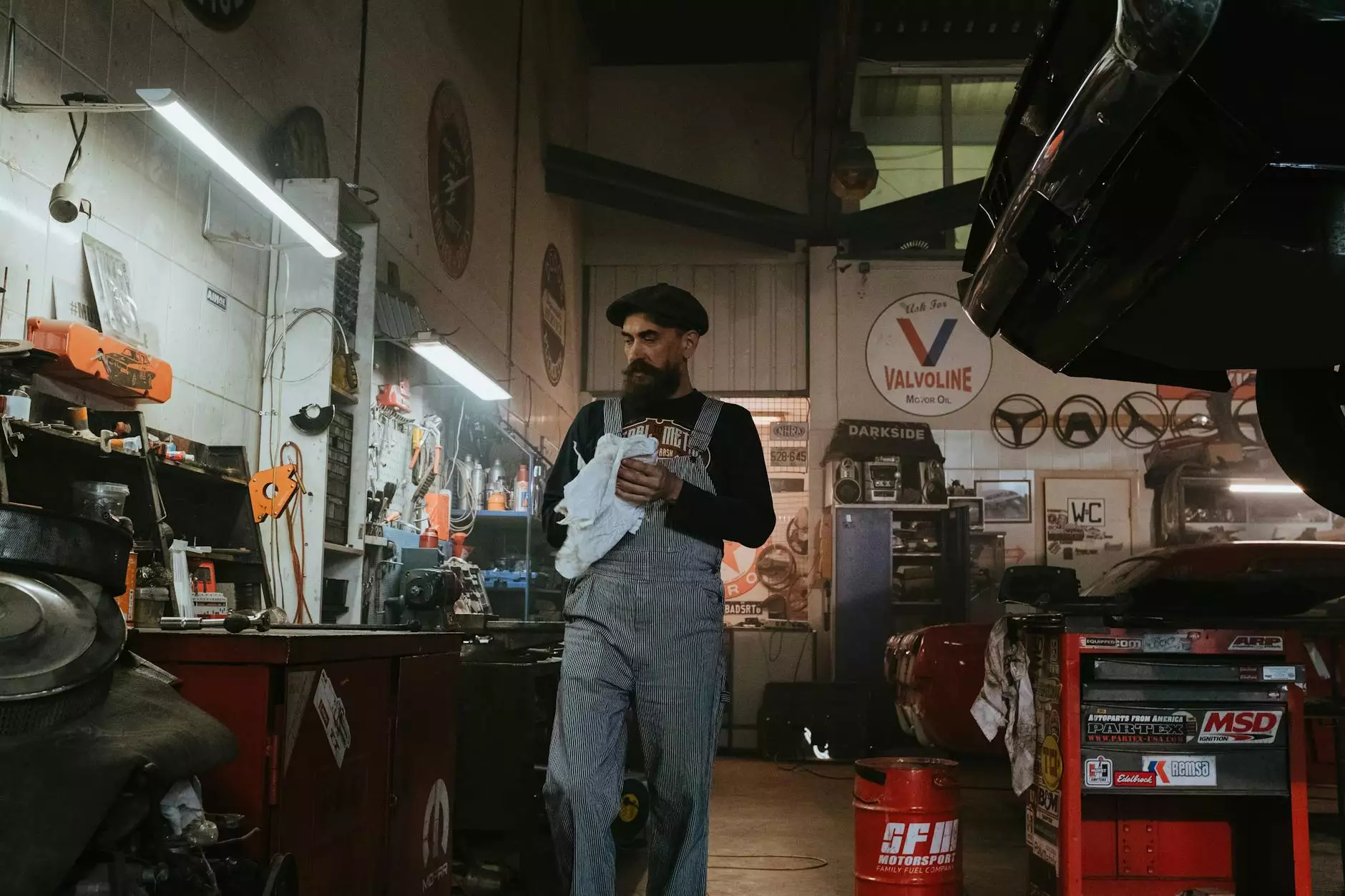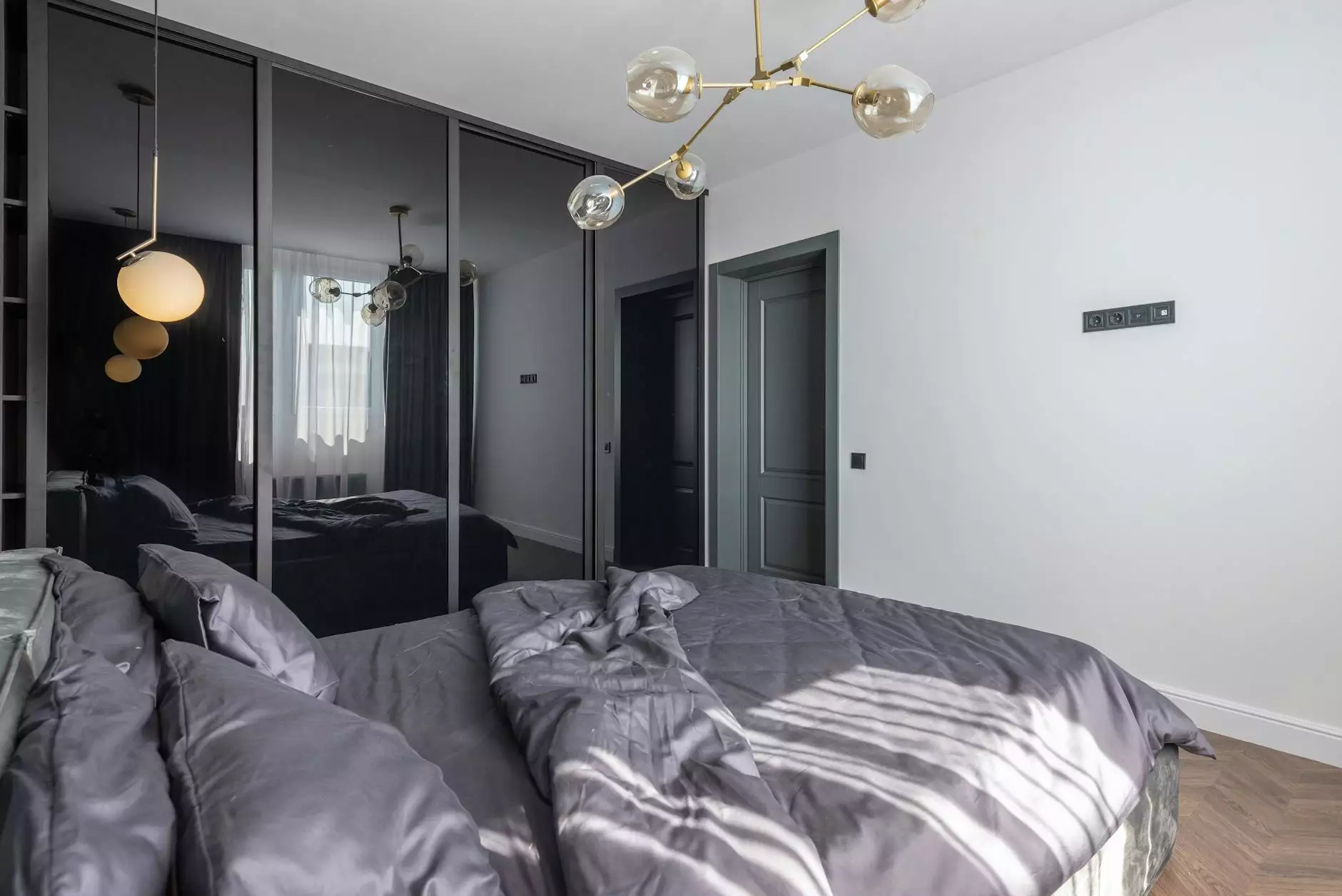Building a Successful Music Portal

The digital landscape today offers unprecedented opportunities for music enthusiasts, artists, and entrepreneurs. A successful music portal is not just a platform for sharing and streaming music; it represents a vibrant community where artists and fans connect. In this comprehensive guide, we will explore various strategies to create an exceptional music portal like https://okhype.com/, focusing on engaging content, audience interaction, and effective monetization.
Understanding the Music Portal Ecosystem
Before diving into the methods for creating your music portal, it's essential to understand the ecosystem in which it operates. A music portal serves several purposes:
- Content Distribution: Allowing artists to share their music with a wider audience.
- Community Engagement: Fostering a space where fans and musicians can interact.
- Monetization: Generating revenue through ads, subscriptions, or merchandise.
- Music Discovery: Helping users find new music and artists tailored to their tastes.
Key Elements of a Successful Music Portal
Creating a music portal involves numerous strategic steps. Here are the key elements to focus on:
1. User-Friendly Interface
Your portal's design is crucial. A clean, intuitive interface encourages users to explore and engage with your content. Elements to consider include:
- Responsive Design: Ensure your site is accessible on all devices.
- Easy Navigation: Categories and playlists should be easy to find.
- Search Functionality: Allow users to search for specific songs, artists, or genres.
2. High-Quality Content
Your content is the backbone of your music portal. Aim for a diverse range of offerings, including:
- Music Tracks: Host a wide variety of tracks, from mainstream hits to indie gems.
- Artist Profiles: Feature in-depth profiles that include biographies, discographies, and news.
- Blogs and Articles: Publish articles that provide insights into the music industry, reviews, or artist interviews.
3. Engaging Community Features
Community interaction enhances user experience and keeps visitors returning. Implement features such as:
- Comment Sections: Allow users to discuss tracks, albums, or articles.
- Forums: Create discussion boards for fans to engage with each other and share experiences.
- Social Media Integration: Enable easy sharing of content across platforms like Facebook, Instagram, and Twitter.
4. SEO Optimization
To ensure your music portal is discoverable, prioritize search engine optimization (SEO). Here are several techniques you can apply:
- Keyword Research: Identify relevant keywords like "music portal" and strategically use them in your content.
- Quality Backlinks: Collaborate with influencers and blogs to gain authoritative backlinks.
- Meta Tags: Use compelling meta titles and descriptions to improve click-through rates.
Monetizing Your Music Portal
Once you have established your music portal and gained a substantial user base, consider various monetization strategies:
1. Advertisements
Display ads from networks like Google AdSense or work with brands to feature their products. Ensure that ads do not disrupt the user experience.
2. Subscription Models
Offer a premium membership that provides users with benefits such as:
- Ad-Free Experience: Charge a monthly fee for an uninterrupted experience.
- Exclusive Content: Provide access to exclusive tracks, videos, or interviews for subscribers.
3. Affiliate Marketing
Promote music-related products such as merchandise, concert tickets, or music lessons, and earn a commission for every sale made through your portal.
Building Your Brand
Your music portal should have a distinct brand identity. Consider the following:
1. Unique Branding
Create a strong brand that resonates with your target audience. This includes developing:
- Logo: A memorable logo that represents your music portal.
- Color Scheme: Choose a color palette that reflects the music genre you cater to.
- Voice and Tone: Maintain a consistent and relatable tone in your communications.
2. Social Media Presence
Establish a strong social media presence on platforms where your audience spends time. Use these platforms for:
- Content Promotion: Share your latest articles, features, and music tracks.
- Engagement: Interact with your audience through polls, Q&A sessions, and live events.
Conclusion
Creating a successful music portal like https://okhype.com/ requires a combination of high-quality content, user engagement, and effective monetization strategies. By focusing on the essential elements discussed in this guide, you can build a vibrant platform that connects artists with their fans and enhances the overall music experience. Remember that a successful music portal is a continuous journey of learning, adapting, and evolving with the music landscape.









